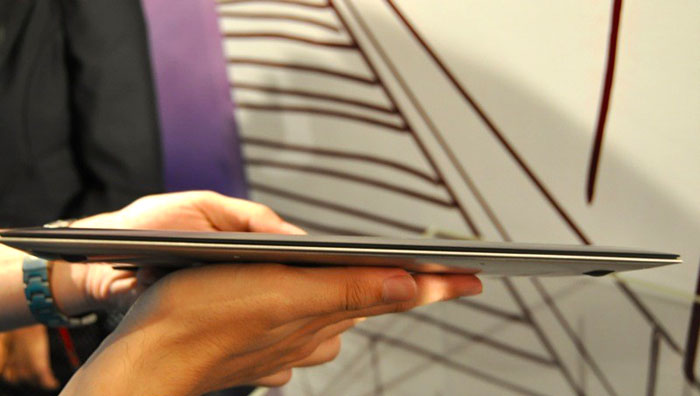Mangosteen may cause some side effects in hyper-sensitive individuals, including those who have allergies to fruits.
Additionally, some Mangosteen products in the market include extracts from other fruits that also may cause allergic reactions or side effects.
Allergic reactions like headaches, itchy skin rashes and minor or transient joint pains are possible. The reported allergic reactions from Mangosteen, though, do not involve respiratory problems or life-threatening situations.
Loose Stools or Constipation
Those who begin their supplementation with servings of more than one ounce of Mangosteen supplement may experience temporary loose stools.
Also, in the constipation-predominant type of Irritable Bowel Syndrome (IBS), and in diabetic patients diagnosed with gastroparesis complication, more than one ounce a day may worsen the constipation.
In these instances, reducing the servings will likely solve the problem.
Polycythemia Rubra Vera
Mangosteen can increase red cell mass and therefore should not be used by people diagnosed with polycythemia rubra vera.
Food-Drug Interactions
Some fruits and foods are known to affect the mode of action and efficacy of certain drugs.
For example, large quantities of grapefruit juice can affect the blood levels of some drugs (e.g., lipid-lowering drugs) and may alter these drugs' effects in the body.
Also, certain foods can either speed up or slow down the liver's drug-detoxification activity when these foods also affect the elements of the P450 enzyme system involved in the drug-detoxification process. There is no precise information yet on how the Mangosteen may affect the P450 enzyme system.
As of this writing, there has not been any reported adverse food-drug interactions with the Mangosteen despite its use by thousands of people using a wide variety of commonly prescribed drugs.
Although this is not to be taken to mean that food-drug interactions do not exist, a level of confidence continues to be established as far as the the fruit is concerned.
Coumadin Users
Foods that contain vitamin K can affect coumadin blood levels. In his book, "Mangosteen: The X-Factor"*, Dr. J. Frederic Templeman suggests that coumadin users drink the juice "at the dose they intend to consume daily and, after 3 days of use at this level, to go into the doctor's office to have a finger-prick check of the coumadin's effect."
He says that many consumers on coumadin use the mangosteen supplement safely, and that he has "not received a documented report of coumadin problems where the supplement appeared to be the culprit."
Cancer Chemotherapy Drugs
Some cancer chemotherapy drugs' mode of action depends on the production of free radicals to destroy tumors. Because mangosteen contains powerful antioxidants that fight free radicals, it would be wise to ask the pharmacist or consult the Physician's Desk Reference on the Internet on the mode of action of any particular cancer chemotherapy drug.
If the mode of action of a chemotherapy drug has nothing to do with the production of free radicals, such that Mangosteen's powerful antioxidants will not interfere with the drug's mode of action, then it may be wise to consider the highly beneficial effects the fruit can provide cancer chemotherapy patients.
Several studies proved that high regular doses of antioxidants, such as those available from the Mangosteen, clearly suppressed cancerous cell growth.
Summary of Mangosteen Side Effects
So who should take some precautions because of some potential Mangosteen side effects or allergic reactions?
Individuals with allergies to fruits, polycythemia rubra vera patients, coumadin users, or cancer patients taking chemotherapy drugs whose efficacy relies on the production of free radicals, are some of the known caveats.












0 comments:
Post a Comment